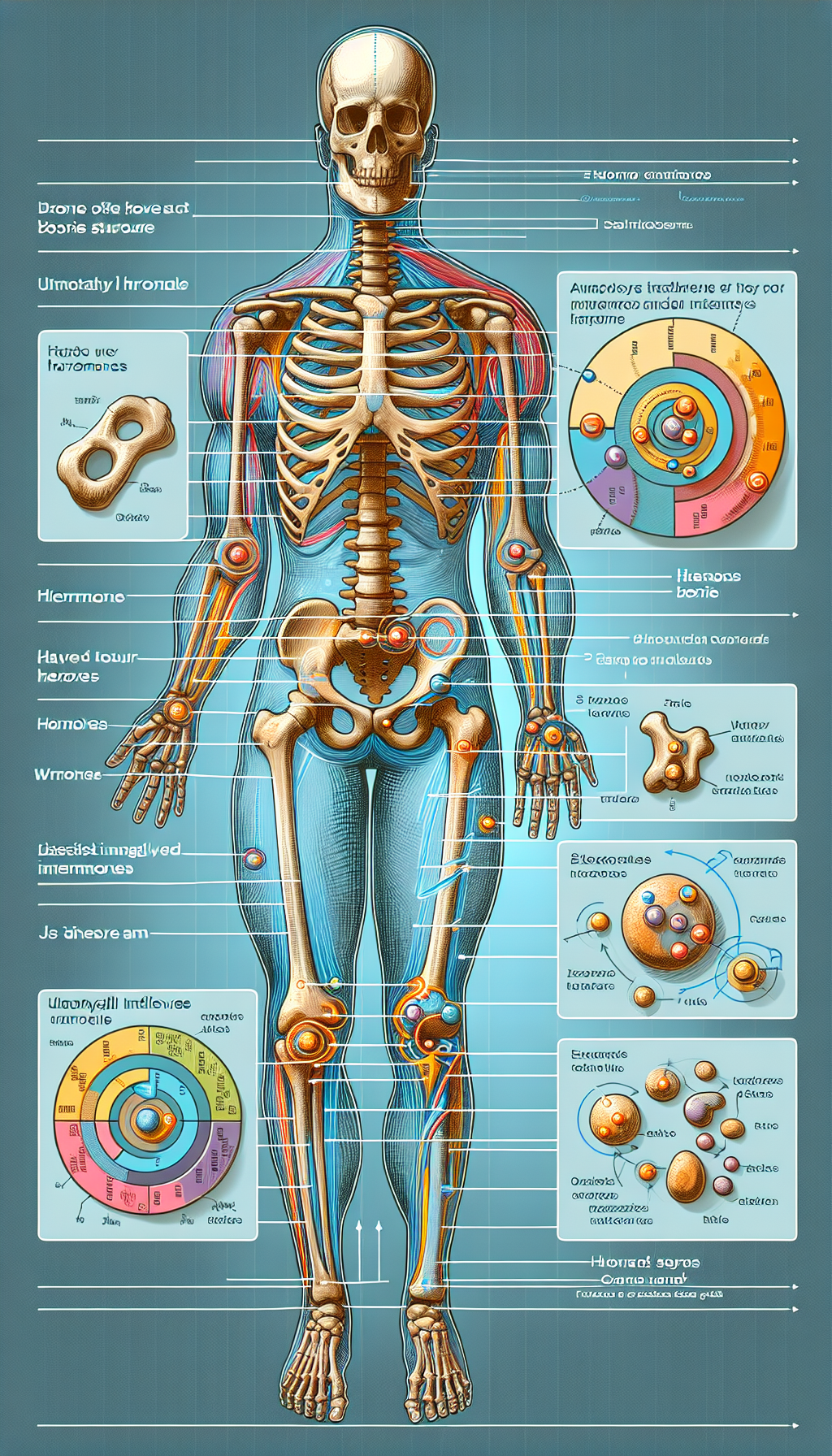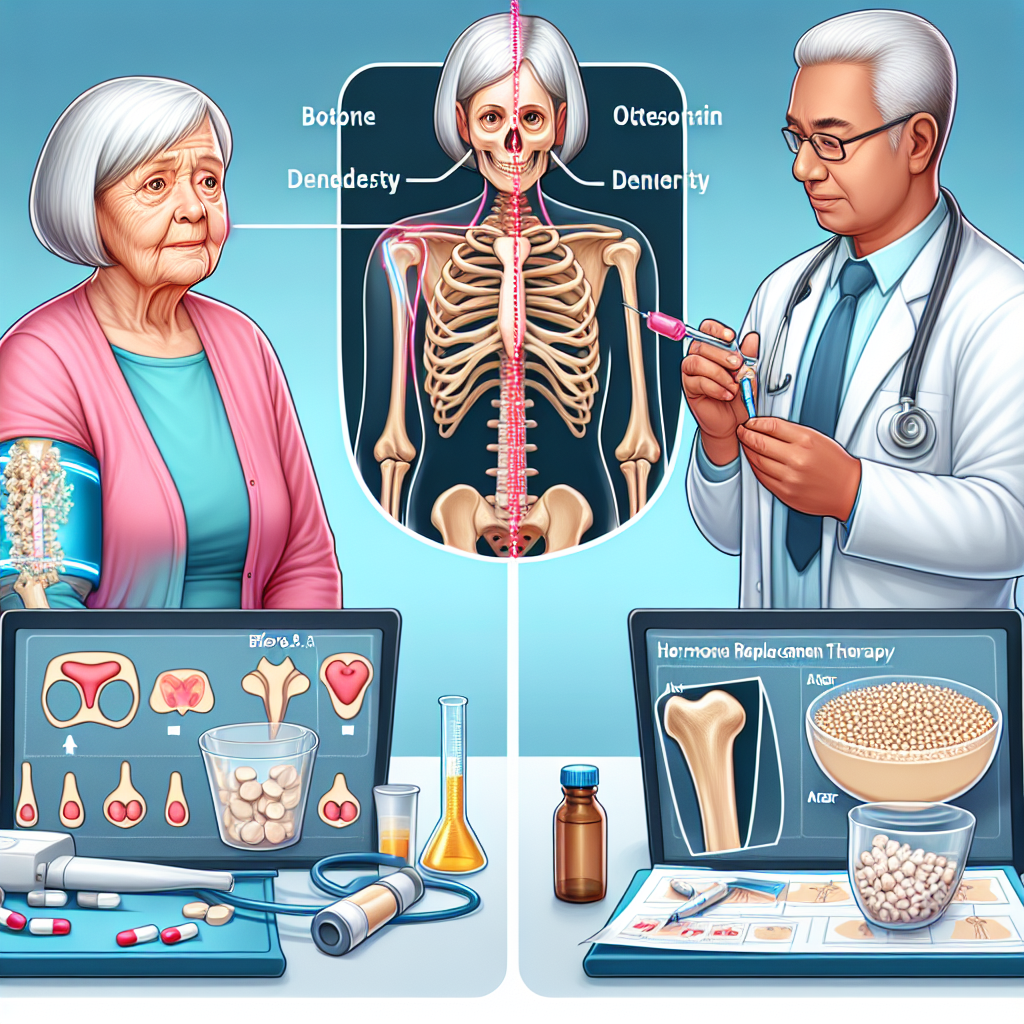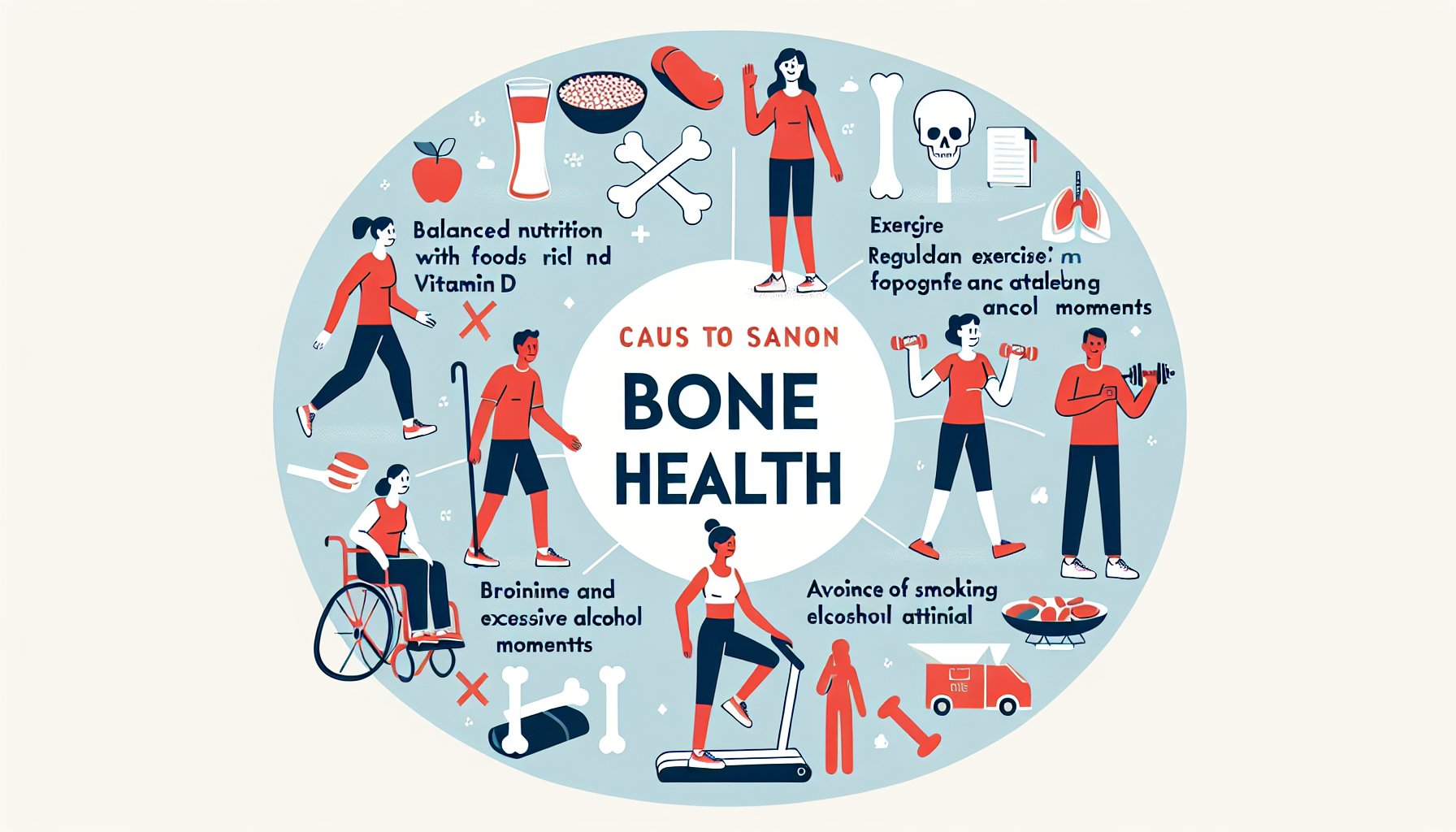Bone health is a critical component of overall wellness, influencing mobility, strength, and quality of life. A myriad of factors can affect bone density, but one of the less visible yet significant contributors is the body’s hormonal balance. This article explores the intricate links between hormonal changes and bone density, shedding light on how these internal biochemical messengers impact our skeletal system.
Hormones and Bone Health: A Symbiotic Relationship
Bones are living tissues that continuously remodel themselves through a process that involves bone formation and resorption. Hormones regulate this process, with several key players including estrogen, testosterone, parathyroid hormone, and calcitonin.
Estrogen, commonly associated with female reproductive health, plays a vital role in maintaining bone density. It inhibits bone resorption and stimulates bone formation. However, during menopause, estrogen levels plummet, leading to an acceleration in bone density loss and increasing the risk of osteoporosis. This is why postmenopausal women are often at a higher risk of fractures.
Testosterone, the primary male sex hormone, also affects bone density but is often overlooked. It stimulates osteoblast activity (cells that form bone) and promotes muscle strength, which supports bone health. Low testosterone levels in men can lead to reduced bone density and strength.
The parathyroid hormone and calcitonin work in tandem to regulate calcium levels in the blood, which is vital for maintaining the structural integrity of bones. An imbalance in these hormones can result in abnormal bone metabolism.
For more comprehensive insights into maintaining skeletal strength, consider exploring the best practices for bone health.
The Impact of Life Stages on Hormonal Balance and Bone Density
From growth spurts in adolescence to the hormonal shifts in menopause and andropause (male menopause), life stages significantly influence hormonal balance and, consequently, bone health. Adolescence is a period of rapid bone growth, with estrogen and testosterone surging and playing their part in bone development.
As we age, the hormonal milieu changes, and with it, so does bone density. The link between aging, hormonal changes, and bone health cannot be understated. Recognizing these changes is crucial for early intervention and preventing bone-related disorders. For a deeper understanding of this, the article on bone strength in postmenopausal women provides valuable information.
Dietary and Lifestyle Factors Influencing Hormones and Bone Health
Diet and lifestyle choices can either support or hinder bone health. Nutrients such as calcium and vitamin D are pivotal for bone formation and should be included in the daily diet. Physical activity, especially weight-bearing exercises, stimulates bone formation and helps maintain hormonal balance.
Conversely, a sedentary lifestyle and poor dietary choices can lead to hormonal imbalances that adversely affect bone density. For instance, the importance of physical activity in optimizing bone health is well-documented and can be further explored in the article on optimizing bone health in children.
Hormone Replacement Therapy (HRT) and Bone Density
Hormone Replacement Therapy (HRT) is a treatment often used to alleviate the symptoms of menopause, such as hot flashes and mood swings. It can also play a role in bone density preservation. By supplementing the body’s hormones, HRT can help maintain bone density at a more youthful level. However, it’s important to weigh the benefits against potential risks, such as increased chances of certain types of cancer and cardiovascular issues.
For those considering HRT, it’s essential to consult healthcare providers and consider personal health history. Further information about the balance between medication and supplements in maintaining health can be found by exploring medication & supplements.
The Role of Genetics and Environmental Factors
While hormones play a significant role in bone health, genetics also contribute to an individual’s bone density. Genetic factors can determine how the body responds to hormonal changes, influencing the risk of osteoporosis and other bone-related conditions.
Environmental factors, such as exposure to toxins or certain medications, can also impact hormonal balance and bone health. Understanding these influences is essential for a holistic approach to bone health maintenance.
External Resources Supporting Hormone-Related Bone Health Insights
- The National Osteoporosis Foundation offers nuanced insights into the role of calcium and vitamin D in bone health, which are key nutrients affected by hormonal changes (National Osteoporosis Foundation).
- The Endocrine Society provides a wealth of information on how endocrine disorders that affect hormone levels can influence bone density (The Endocrine Society).
- A comprehensive review of the effects of physical activity on bone health, emphasizing the hormonal aspects, can be found in specialized journals such as the Journal of Osteoporosis (Journal of Osteoporosis).
Conclusion
Understanding the link between hormonal changes and bone density is vital for both prevention and management of bone health issues. Hormones play a significant role in maintaining bone strength, and imbalances can lead to conditions like osteoporosis. By considering life stages, dietary and lifestyle choices, and potential interventions like HRT, individuals can better support their bone health.
It is also important to remain informed about the latest research and resources available. By consulting healthcare professionals and utilizing niche, high-quality resources, individuals can make informed decisions about their bone health.
In conclusion, bone health is not an isolated aspect of our well-being; it is intricately connected to our hormonal balance, dietary habits, lifestyle choices, and beyond. By adopting a proactive approach to understanding these connections, we can ensure stronger bones and a more vibrant life.



